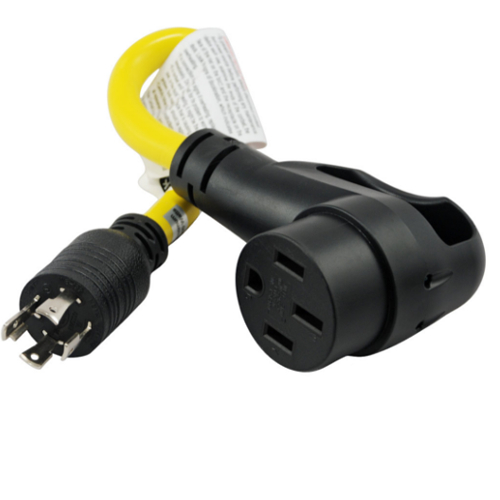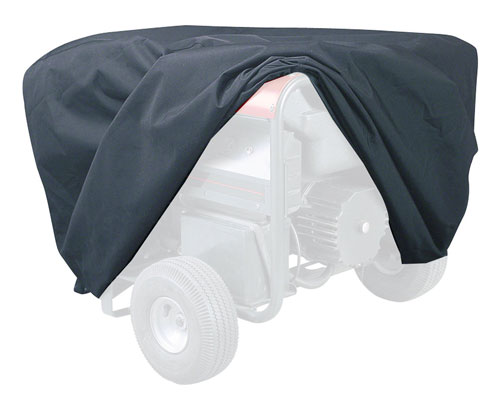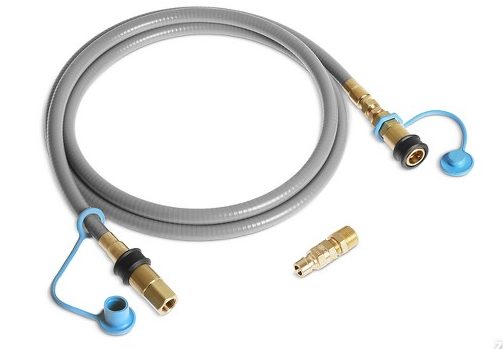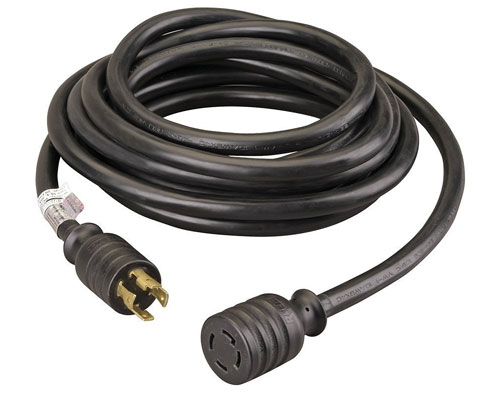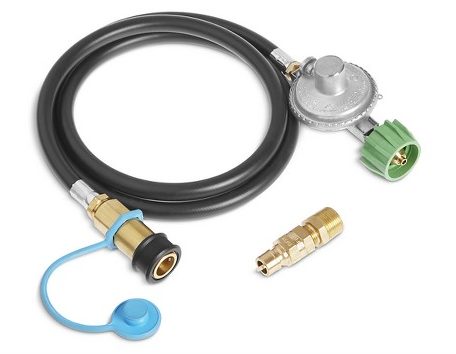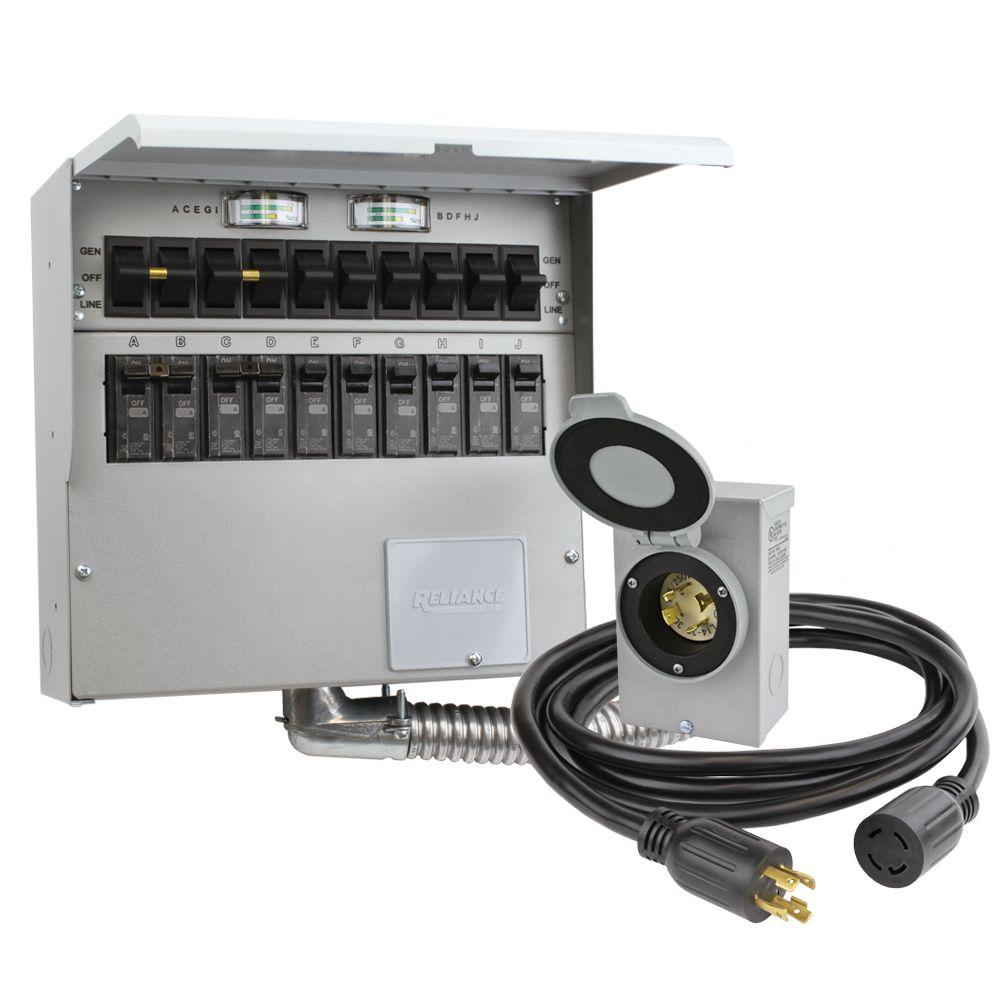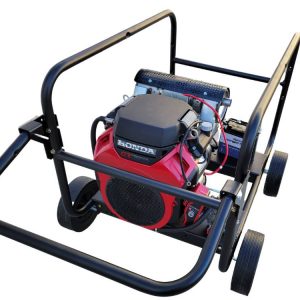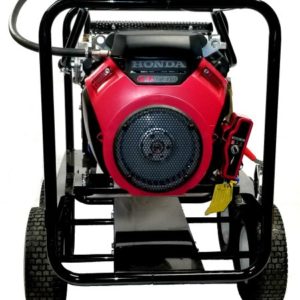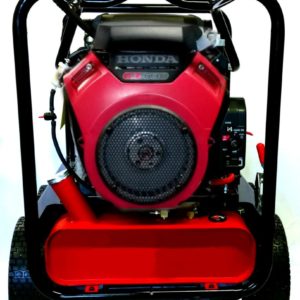No products in the cart.
Return To ShopWhat is a Tri–Fuel or Dual-Fuel Generator?
Tri-Fuel generators, sometimes called Triple-Fuel generators, are generators that run on propane, natural gas or gasoline right out of the box. Dual-Fuel generators, sometimes called Bi-Fuel generators, are generators that run on propane or natural gas right out of the box. No mechanical alterations are required. To switch between propane and natural gas just turn the lever on selector valve located above the low-pressure regulator (depending on the model). Changing between fuel sources is simple and the convenience of having the option of using three different fuels (Tri-Fuel) or two different fuels (Dual-Fuel) to power your home during a power outage gives homeowners peace of mind. No longer limited to gasoline, which is difficult to store and hard to come by when you need it. Natural gas on the other hand is the most convenient choice of fuel since refueling is unnecessary. Just plug the hose into your home’s natural gas outlet and tap into a virtually endless supply. Propane is another convenient option since it can be stored for long periods of time and it is easier to find than gasoline during a power outage. Propane has a shelf life of at least 12 years. Tri-Fuel generators can run on Gasoline if no other fuel sources are available. Gasoline has a very short shelf life of 30-60 days and old gasoline damages engines and leads to expensive repairs for your generator.


